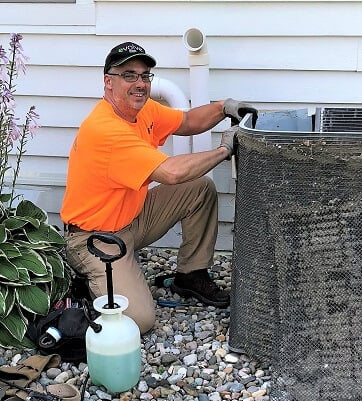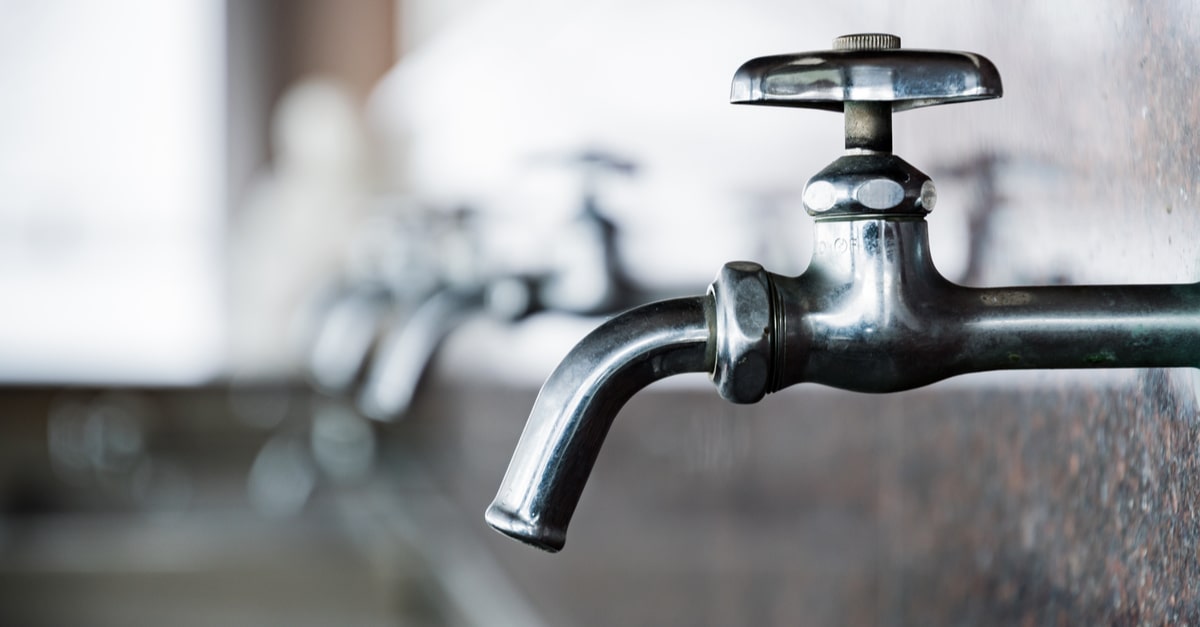Having been in the business for so long, there are a lot of common questions I get asked about plumbing vocational school. In this blog, I’ll start by sharing a real scenario that should help answer some of your most frequently asked questions about getting started in your plumbing career.
Your Big Break: The Boss is Paying for Plumbing School
Imagine you started working for a company during the summer, when the construction side of the business was in full swing. With fall approaching things have slowed down a bit. The overtime was nice, but dropping down to a 40-hour workweek is a welcomed transition.
Traffic is light and you arrive at the shop well before 7:00 a.m. Your journeyman, of course, is always there before you, no matter what time you arrive. He steps out of the office, and you help him load a few tools into the truck. The two of you are off to the jobsite ready to engage in your typical Monday morning dialog about the happenings of your weekend.
He’s grinning more than usual, like he has a secret he can’t wait to tell, then finally he blurts it out. “The boss really likes your work and said he wants to pay for you to go to plumbing vocational school. He was going to call you into the office to tell you himself, but I told him I wanted to be the one to give you the news. He asked me if I thought you had what it takes. I told him you’re always on time, you don’t take extra breaks, you don’t mind working in the heat and you’re pretty good with a shovel! You’re going to be the real deal, a journeyman plumber in four years, then you’ll start making the real money,” he smiled smugly.
“Who would have thought my shoveling skills would be the key to my success in life,” you say to yourself. Nervous and excited, you wonder what it will be like. You have so many questions. You haven’t been to school in years. You ask yourself, “Is it hard? I wonder if I can do it.” It’s a short trip to the jobsite, but the two of you are going to be talking about this all day, plus your family is going to have a million questions.
“When do I start?”
Most programs follow a two-semester schedule similar to the school calendar. You will start in late August, have a winter break and finish in May. The classes are at night and usually just once per week.
“What are the instructors like?”
Most of the instructors are Master Plumbers that no longer work in the field or are very ambitious younger guys that somehow find the time to teach. They are experienced in the trade, but they are not professional teachers. The classes usually last about 3 hours. The instructors follow the assignments in the book and tell stories about things they have seen on the job. There is not much homework and you get to practice some of the skills that you don’t always get the chance to work on while you are on the job. Oh, and you will spend quite a bit of time studying the Plumbing Code.
“Is there a lot of math?”
You do need to learn some geometry and a little bit of algebra, but it’s all the same stuff that we do on the job every day. For example, the 45-degree formula is essential to know how to connect two pieces of pipe, like calculating the length of travel on a 45-degree offset. In school you will learn how to do it for 30- and 60-degree offsets, too! By practicing these calculations, you will get really good at them.
You’ll also need to practice print reading and making isometric drawings. You know, the kind of drawing that only shows the piping system for the building. Every journeyman knows how to read and draw an isometric by the time he or she finishes plumbing school.
“Does all this work go toward college credit?”
Some apprenticeship programs are supported by community colleges, and when you finish, they will grant you an associate degree. Beware — if you ever want to go back to school to get a bachelor’s degree, most of those classes don’t transfer.
“Why can’t I just learn on the job?”
If you ever want to become a full-fledged journeyman, you have to go to school. What’s great about having your plumbing license is you have it for life. No one can take that away from you. That is, unless, you do something really bad, but you won’t.
Even if you move to another city or state, you can transfer your license there and you may not even have to take another test. Many states use the same standardized test, so if you pass it in one state, your score is good in another. Of course, there is always paperwork and certified letters and that sort of stuff, but it’s totally worth it.
“What if I don’t pass the test?”
If you don’t pass, you can always retake it. Most states break up the test into different parts:
- Written
- Drawings
- Practical
For the practical, I had to pour a lead joint, but few do that anymore. Most states have you solder up a copper project and assemble some drainage fittings. They are going to pressure test it, so make sure you don’t have any leaks! If you fail one part of the test, you only need to retake that part. Your scores on the other parts of the test are still good.
Most states require 70% or 75% to pass and the practical part is usually pass/fail. Some places have eliminated the practical part of the exam and just test you on the code, but what’s the fun in that?
“Tell me again how much all this costs?”
To you, it’s free. You just have to commit to finishing it. Most companies pay for the entire four years. Some might have you buy the books, or have you pay for part of it up front, until you show them your grades and then they reimburse you.
I’ve heard that some shops tell you that you have to work there for a few years after you get your journeyman license. Since they invested so much into training you, they don’t want you to run off and go work for someone else. If the company treats you fairly and has plenty of work, you won’t want to leave. Who knows, you may even get the chance to train an apprentice of your own some day.
“What if I don’t finish the apprenticeship?”
If you only make it halfway through, and for some reason you have to stop, you can still get credit for the years you complete. Just don’t let too much time pass or you might have to start from the beginning, especially if the plumbing code changes. It’s best to just dive in and get it done, especially for young folks. Need I remind you that the average journeyman in America makes about $58,000 per year?
The more you hear about plumbing vocational school the better it sounds. “I think I’m really going to like plumbing school,” you say.
“You will do great. Now let’s get back to work!”
What you didn’t realize at the time, is that there are more options to continue gaining skills in plumbing, some that will put you ahead of others like you. Interplay Learning’s, SkillMill™, offers plumbing training courses completely online, so you can continue learning when and where you want, giving you a leg up in a competitive trade
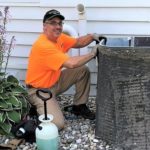
Frank Garro
Interplay Learning Plumbing & HVAC Expert
Frank is Interplay’s resident plumbing and HVAC expert. While he began his career in the plumbing trade, his passion for HVAC led him to become an Associate Professor and HVAC Program Chair, at Ivy Tech Community College. Frank is a Licensed Mechanical, Plumbing and Electrical Contractor, and owns his own mechanical services company. As an educator, Frank is a firm believer in teaching the fundamentals and has a gift for simplifying complex concepts.
